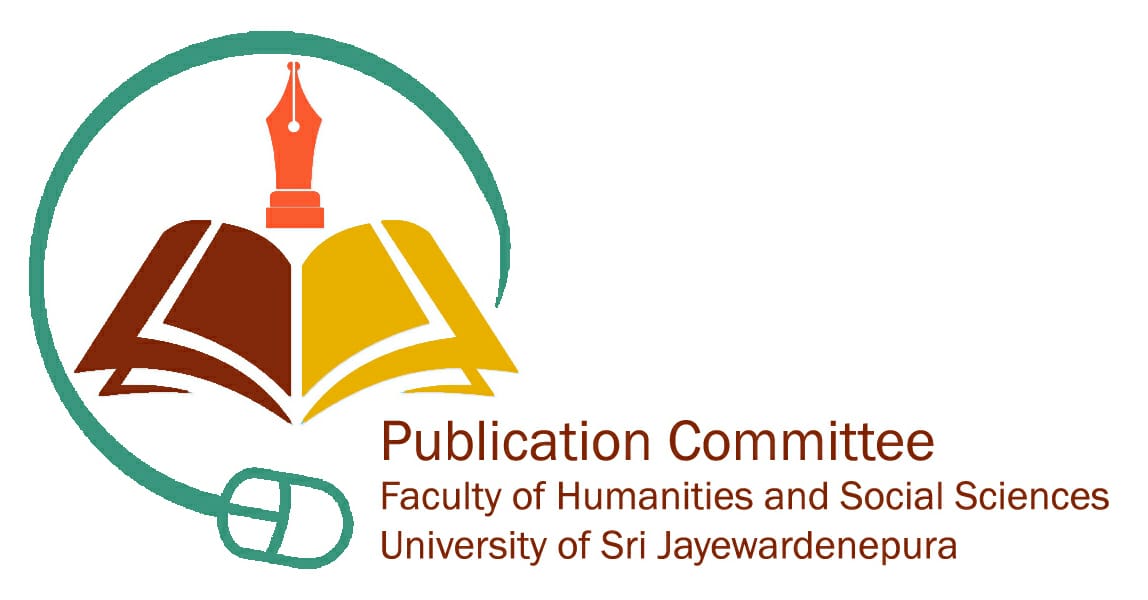The tourism and hospitality industry is one of the world’s major economic sectors. It is the third-largest export category (after fuels and chemicals) and in 2019 accounted for 7% of worldwide trade. For some countries, it can represent over 20% of their GDP, and, overall, it’s the third-largest export sector of the worldwide economy (SLEDB, 2021). The tourism and hospitality industry is one of the sectors most suffering from the Covid-19 pandemic, impacting economies, livelihoods, public services, and opportunities on all continents. All parts of its vast value chain are affected.
Export revenues from tourism could fall by $910 billion to $1.2 trillion in 2020. this may have a wider impact and will reduce global GDP by 1.5% to 2.8% (Abeywardana & Priyadarshani , 2017). Tourism supports one in 10 jobs and provides livelihoods for several million more in both developing and developed economies. In some Small Island Developing States (SIDS), tourism has accounted for the maximum amount of 80% of exports, while it also represents important shares of national economies in both developed and developing countries.
As many as 100 million direct tourism jobs are in danger after COVID-19, additionally to sectors related to tourism like labor-intensive accommodation and food services industries that provide employment for 144 million workers worldwide. Small businesses (which shoulder 80% of worldwide tourism) are particularly vulnerable. Women, who structure 54% of the tourism workforce, youth, and workers within the informal economy are among the foremost at-risk categories. No nation is going to be unaffected. Destinations most reliant on tourism for jobs and economic processes are likely to be hit hardest: Least Developed Countries (LDCs), and African countries. In Africa, the world represented 10% of all exports in 2019 (UNWTO, 2021).
Mitigating socio-economic impacts after covid 19 on livelihoods is much considerable situation in the hospitality industry, particularly regarding women’s employment and economic security (Baum & Hai, 2020). Boost competitiveness and build resilience, including through economic diversification, with the promotion of domestic and regional tourism where possible, and facilitation of a conducive business environment for micro, small, and medium-sized enterprises (MSMEs). Advance innovation and digital transformation of tourism, including the promotion of innovation and investment in digital skills, particularly for workers temporarily without jobs and for job seekers. Foster sustainability and green growth to shift towards a resilient, competitive, resource-efficient, and carbon-neutral tourism sector. Green investments for recovery could target protected areas, renewable energy, smart buildings, and therefore the circular economy, among other opportunities.
Measures are taken to manage Organization
Defining the change & align it to organizational goals will be an obviously vital measure to manage the hospitality industry. As a result, the identified changes in the hotel due to the current situation can be aligned with organizational goals. In this measure it can be identified the inputs to enhance the quality of service, why these changes are required for the hotel, how can these changes implement & what are the benefits & incomes of these changes to the hotel. It might be based on employees or the service.
The impacts on the hotel because of the pandemic situation should be determined according to this measurement. It should review the effect of each department likewise the front office, food & beverage, housekeeping, etc. It should evaluate the impacts which influence internal & external way for the individual performance of the employees also. Here it can be identified where training & development are needed, where should improve organizational goals, and how to improve the quality of the service & branding image of the hotel.
Set clear expectations and communicate them well, then still manage expectations. Frequent communication is critical. Ensure employees understand their objectives by asking them to elucidate them in their own words. Train managers and provides them the tools to assist their employees to excel. get on the lookout for managers who have underperforming teams and see what the basic cause is. Use SMART goals that are appropriate. SMART stands for specific, measurable, achievable, realistic, and time bound.
P.Gayathri
Temporary Lecturer,
Buddhist Heritage and Tourism,
Faculty of Humanities and Social Sciences,
University of Sri Jayawardenepura
References
Abeywardana, H., & Priyadarshani , I. (2017, March). BARRIERS TO RECRUITING AND RETAINING YOUTH, INCLUDING WOMEN, TO THE HOSPITALITY INDUSTRY IN SRI LANKA.
Baum, T., & Hai, N. T. (2020, April 24). Hospitality, tourism, human rights and the impact of COVID-19. The United Kingdom.
SLEDB. (2021, January 7). Sri Lanka Export Development Board. Retrieved from Sri Lanka Export Development Board: https://www.srilankabusiness.com/apparel/
UNWTO. (2021, January 11). Secretary-General’s Policy Brief on Tourism and COVID-19. Retrieved from United Nations World Tourism Organization: https://www.unwto.org/tourism-and-covid-19-unprecedented-economic-impacts






